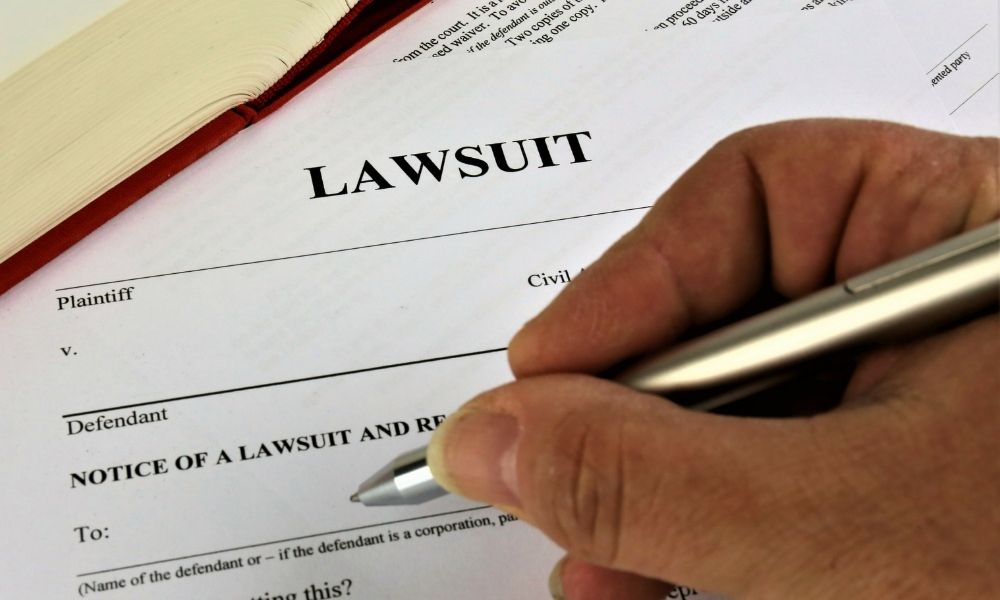
Every person has a right to pursue a lawsuit if they believe their rights or safety have been violated. You can litigate against a person, a company, or any other entity that may have harmed you physically, mentally, or financially, leading to loss, pain, and suffering.
There are many different reasons people choose to pursue a lawsuit. Here are some of the most common grounds on which to sue:
Employment Matters
If you feel you’ve been discriminated against or mistreated at work because of your age, gender, sex, religion, or other reasons, you can sue your employer. Unfair termination, lack of promotion, and poor pay are also legitimate grounds for a lawsuit.
Compensation for Damages
When someone has harmed another person, the person who suffered harm has the right to sue for compensation. People may choose to sue for compensation if they’ve suffered an injury, loss, or damages. If you were injured in a car accident, in a slip and fall accident, or because of medical negligence, you may be entitled to settlement and compensation for your pain and suffering.
Enforcing a Contract
If another party has not upheld or has violated your contract with them, you may decide to file a lawsuit to seek justice. In most cases, these lawsuits involve a breach of contract, fraud, or misrepresentation.
Property Disputes
If you’re not satisfied with the results of a transaction related to real estate—for example, a home sale or purchase—you can sue for a property dispute. You could also pursue a lawsuit to get back what was yours in the first place.
Getting a Divorce
People can sue for divorce if their spouse has cheated, abused them, or abandoned them. If you were never given a fair share of your shared property, if you’re not receiving alimony, or if your spouse has refused to pay child support, you can pursue a divorce lawsuit.
Slander and Libel
If you have suffered financially, mentally, or professionally because of slander or libel, you can sue for damages. If someone has made a false statement against you that you know to be untrue and this damages your reputation or standing in the community, you may have grounds for a slander or libel lawsuit.
Different people have different reasons for filing a lawsuit. Each case is unique, which is why it’s important that you consider the fine details of your case before deciding on a course of action. Seeking legal counsel is also important. There are many exceptions to the grounds for a lawsuit, and an experienced lawyer can advise you about your options and help you make sense of the law.
